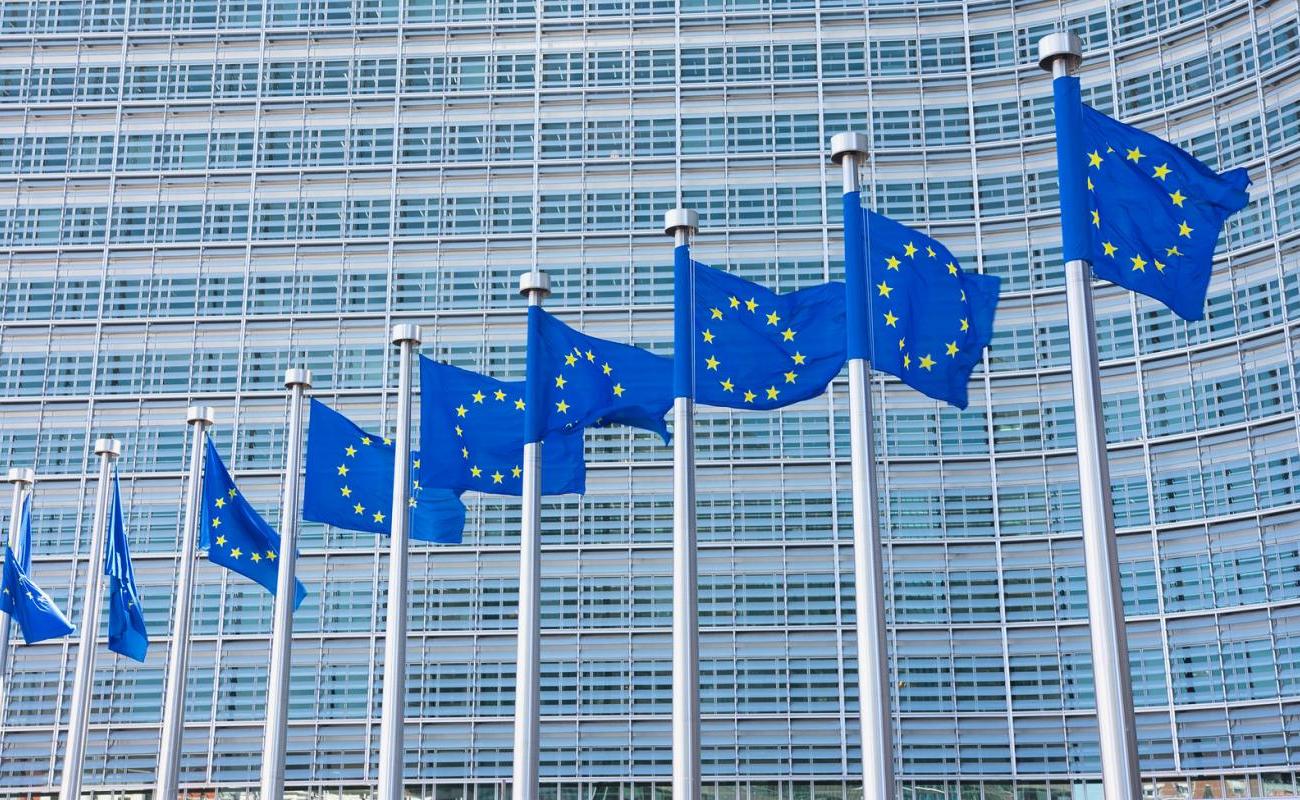Bosnia’s EU accession talks are crucial for Ukraine

At the latest summit, EU leaders decided to begin accession negotiations with Bosnia and Herzegovina. This is important news for Ukraine.
The “group of Bosnia’s friends” in the European Union, including Austria, Italy, Hungary, Slovenia, and Croatia, conditioned Ukraine and Moldova’s EU integration on opening membership talks Bosnia and Herzegovina.
And yet, this very fact may surprise the Ukrainian reader. How can it be that negotiations with Bosnia are “exchanged” for European integration of Ukraine, despite the fact that the country applied for EU membership eight years ago and all neighboring countries have been negotiating for a long time? And does this fact mean that if there had been no Russian attack on Ukraine and acceleration of the process of European integration of Ukraine and Moldova, there would have been no possibility to start negotiations with Bosnia and Herzegovina?
Yes, we can state the following with confidence: if it were not for this “acceleration of history [Russian invasion of Ukraine],” Bosnians would still have to wait a long time on EU’s doorstep. But why?
Because the war in Bosnia and Herzegovina was much more dramatic than in other republics of the former Yugoslavia. Srebrenica [massacre] became a terrible symbol of ethnic cleansing in the country, but many more similar tragedies happened during the war! The war destroyed Bosnia and Herzegovina of the time of socialist Yugoslavia, and a completely new state was created in its place, within the borders of the former Yugoslav republic.
Both Western peacekeepers and Bosnian Muslims and Croats were in favor of preserving this territorial integrity as the main principle of ending the war. However, along with this, they actually had to accept the demographic results of the war, the fact of ethnic cleansing, and a state within a state appeared in the restored Bosnia — Republika Srpska. And international control was introduced so that the two parts of this state would not be at war with each other.
As a result, a de facto unviable country emerged, one part of which is oriented towards European integration, while the other one [is oriented] even more towards Moscow than Belgrade. Milorad Dodik, incumbent President of the Republika Srpska, is known for his good relations with Russian dictator Vladimir Putin.
Since February 2022, Dodik met with the Russian leader four times, while his colleagues from Sarajevo, representatives of the Muslim and Croatian communities, condemn Russian aggression and support Ukraine.
Bosnia’s lesson should be learned as a reminder that peace is certainly better than war, but an unjust peace can deprive an entire nation of its future.
Putin has a whole set of political tools with which he would like to stop the development of Ukraine even if the fighting stops. He chooses between aggression and occupation and applying the Bosnian experience when stagnation is imposed on a country in exchange for saving its life.
And now the Ukrainians can appeal to the Bosnian experience, because the very fact that Ukraine and Moldova are ahead of Bosnia and Herzegovina in the process of European integration has become the best proof of the mistakes made in the Bosnian peace process.
That’s why Bosnia’s friends in the European Union should also be friends of Ukraine to prevent “poisoned chalice” compromises, which have become a civilizational trap for Bosnians.
